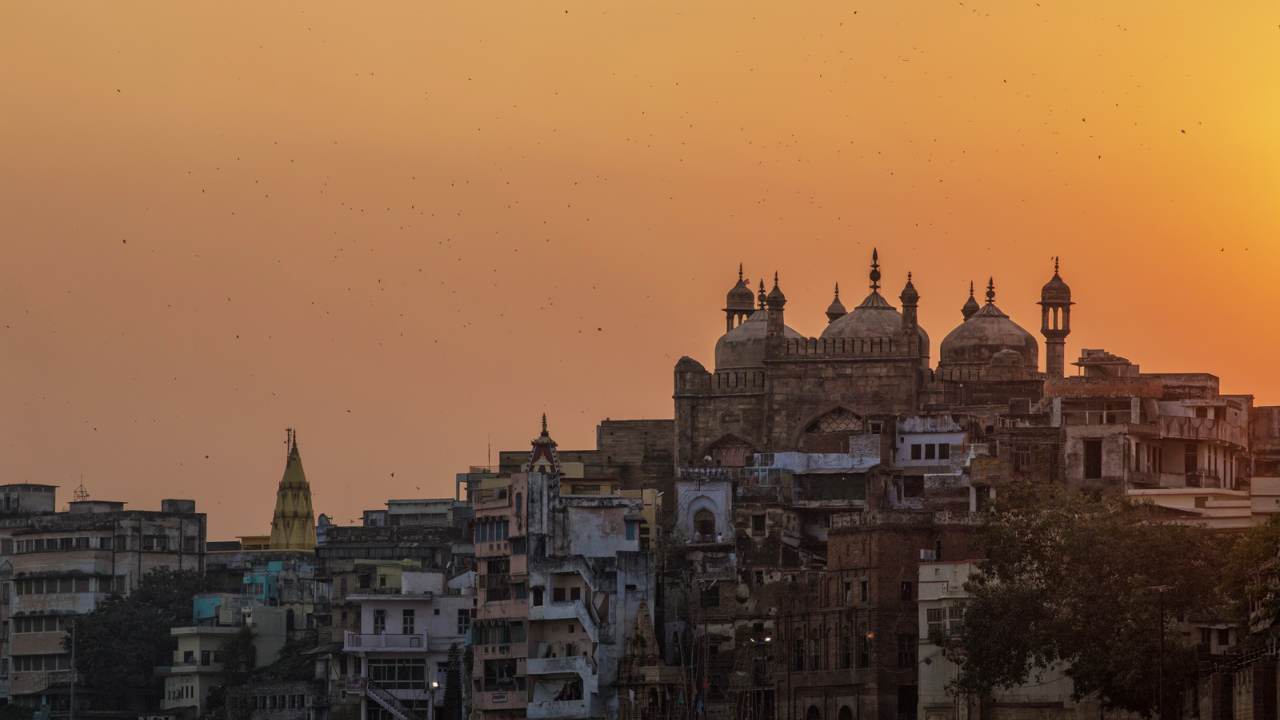
Historians often write that the Emperor Aurangzeb (r. 1858-1707) broke with traditional Mughal pluralism, triggering mass Hindu discontent and contributing to the Empire’s splintering.
This was argued in the early twentieth century by Jadunath Sarkar; Aurangzeb’s re-introduction of the jizya (poll tax on adult non-Muslim males) and destruction of numerous temples were the main issues here. But sources from the period show a more complex picture.
Certainly many Hindus were outraged at the introduction of the jizya. But as Richard Eaton shows, the Hindu chronicler Bhimsen condemned the tax specifically because of corruption among tax-collectors rather than its discriminatory nature. The jizya was not enough to create genuinely significant conflict between Hindus and Muslims on a large scale.
In fact, there is no evidence anywhere that Aurangzeb wanted to persecute his Hindu subjects. He appointed unprecedented numbers of Hindus to his administration (“What right,” the Emperor declared, “have administrative works to meddle with bigotry?”) and financially supported temples in Mughal territory.
Aurangzeb only destroyed temples patronised by enemy rulers for political purposes, an ancient practice adhered to by Hindu, Jain and Muslim conquerors alike. There is no evidence that the Emperor aimed to create conflict between Hindus and Muslims.
Hindu perceptions of Aurangzeb varied: Sisodiya Rajput texts composed during the dynasty’s conflict with the Mughals depict him as a tyrannical oppressor of Hindus, while in texts produced after the normalisation of Mughal-Sisodiya relations he appears as a benevolent ally. There was no consistent narrative where Aurangzeb appeared as an anti-Hindu ruler.
A French visitor to India, meanwhile, observed that “the Great Mogol, though a Mahometan [Muslim],” did not wish to “disturb the Gentiles [Hindus] in the free exercises of their religion.” Aurangzeb’s policies did not seriously threaten the religious diversity of the Empire.
Richard Eaton, India in the Persianate Age: 1000-1765 (2019)
Audrey Truschke, Aurangzeb: The Life and Legacy of India’s Most Controversial King (2017)